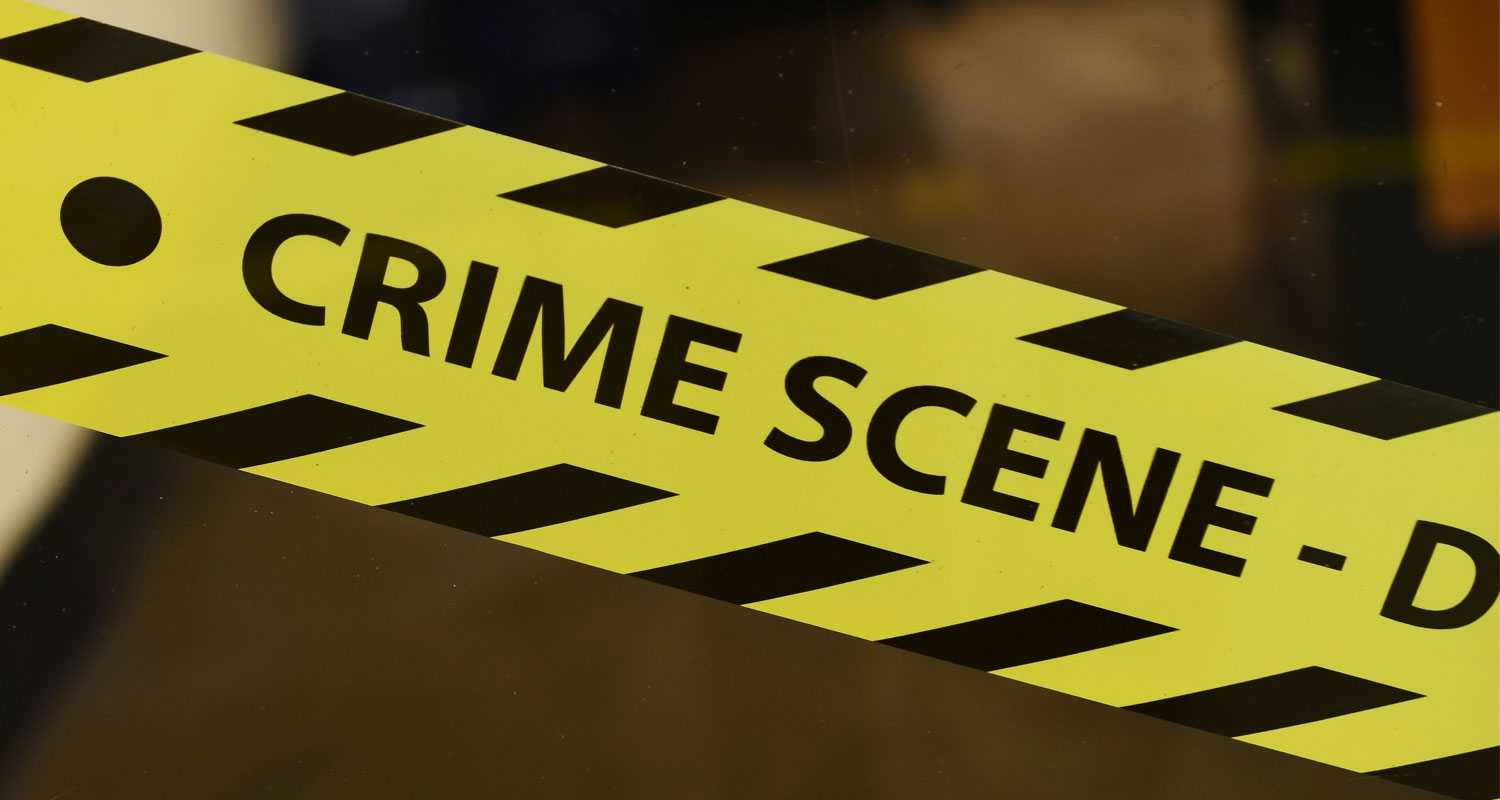 Rampant crime in South Africa is costing the country at least 10% of its GDP annually and exacerbating already stark income inequality, a World Bank study found.
Rampant crime in South Africa is costing the country at least 10% of its GDP annually and exacerbating already stark income inequality, a World Bank study found.
One in five households are affected by crime each year, while companies are contending with high security costs, the lender’s researchers wrote in the Safety First: The Economic Cost of Crime in South Africa report. Informal businesses, which are seen as key to reviving the moribund economy and creating jobs, are particularly exposed to the crime scourge and most can’t afford to take preventative action, they said.
On average, 76 people are murdered in South Africa each day, data released by the police last week shows, and attacks on tourists have made international headlines. Transport minister Sindisiwe Chikunga was hijacked and robbed earlier this month while travelling along the N3 freeway south-east of Johannesburg with her bodyguards.
The World Bank’s calculation of the toll crime takes on the economy “combines transfer, protection and opportunity costs, all of which reduce the country’s growth potential through the misallocation and inefficient use of resources”, the report said. It found South Africa’s growth potential could increase by about one percentage point if businesses could invest part of what they spend on security in productive ventures.
Read: How crime is hurting e-commerce in South Africa
“Ultimately, crime undermines the country’s development objectives of high and inclusive growth,” said the researchers, who recommended that the government pass legislation to enhance the authorities’ ability to prosecute high-level crimes and recruit investigative specialists. “Weak public service delivery and poor socioeconomic outcomes break down trust in public institutions and contribute to social polarisation.” — (c) 2023 Bloomberg LP




